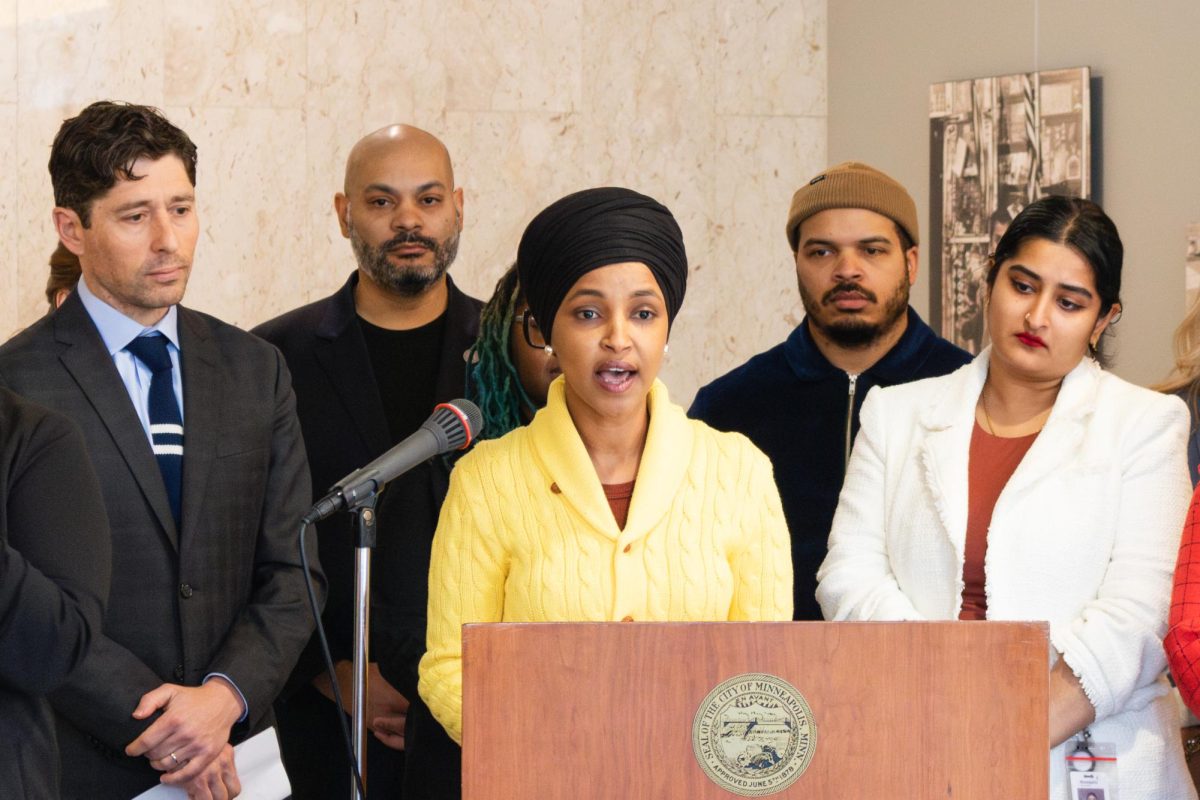The Minneapolis City Council approved an ordinance on Oct. 31 which city officials hope will ensure affordable housing remains affordable.
As the city continues to make affordable housing a priority, the Affordable Housing Preservation Ordinance outlines a seven-step process that would give organizations a better chance at buying property to preserve affordable housing.
Edward Goetz, a University of Minnesota housing professor, said this process is a way to keep certain areas of Minneapolis affordable for renters.
“Sometimes that affordability is lost when the owner of the unit sells it to someone else,” Goetz said. “And then the new owner wants to either increase rents or make renovations or sell it at a level that’s not affordable. So the intended impact is to preserve as much housing affordability as possible.”
According to the ordinance, a non-profit group or individual with experience maintaining affordable property, known as a qualified organization, would have the rights of first offer and first refusal.
The right to first offer requires sellers to provide a timeline to qualified organizations to buy the property. The right of first refusal means that if a property owner wants to sell to someone else, the qualified organization can match the other buyer’s price.
According to HomelineMN, there were over 1,600 evictions in Minneapolis for failure to pay rent from January to October of this year.
The National Low Income Housing Coalition reported that more than half of US workers can not afford to rent a one-bedroom apartment while working a full-time job.
Council Member Jeremiah Ellison (Ward 5) said this ordinance can help people avoid the increasing eviction rates in Minneapolis.
“We have one of the fastest eviction processes in the country right here in Minnesota, Hennepin County. A lot of landlords will say ‘Oh, it’s so hard to evict.’ Well, if it’s hard to evict here, then it’s hard to evict everywhere,” Ellison said.
Fadumo Mohamed, an advocacy manager at Ayada Leads, said qualified organizations provide non-English speakers the ability to rent power.
“We work with whether their English is their second language or they’re still kind of learning the language,” Mohamed said. “I’m hoping with this affordable housing preservation some of these tenants can become qualified organizations themselves and buy some of this housing and maybe set up that infrastructure for tenants.”
While the ordinance passed, the city still needs to create a program manual, which will further define specific limits for the ordinance, according to Ellison. He said the program manual should be finished within the next 10-12 months.
Ian Rosenthal, a housing organizer at Jewish Community Action, wants the city government to do more to help renters in Minneapolis, but this is a step in the right direction.
“I would like to see this as a first step to a process to institute tenant opportunity to purchase because renters have the greatest stake in maintaining the affordability in their buildings,” Rosenthal said.














